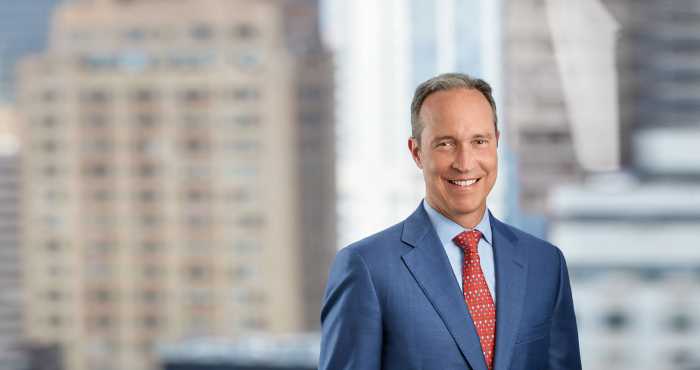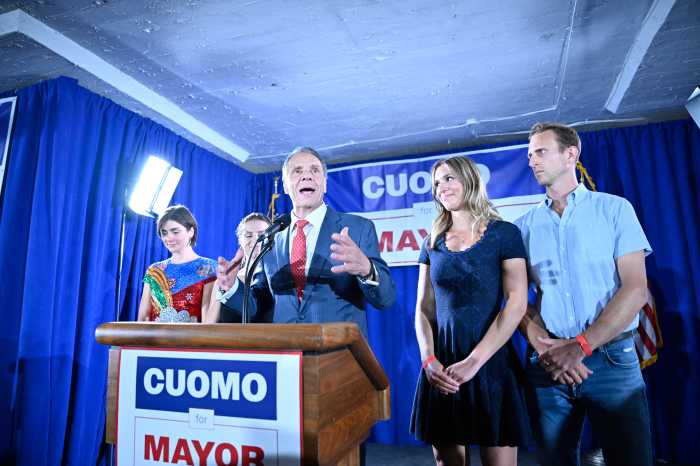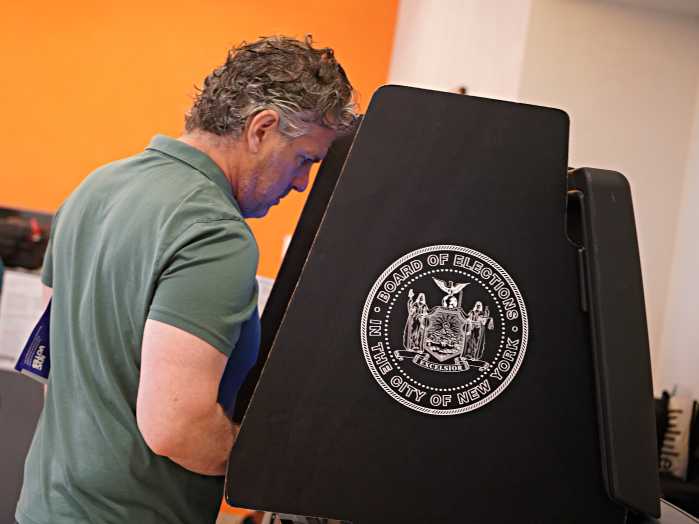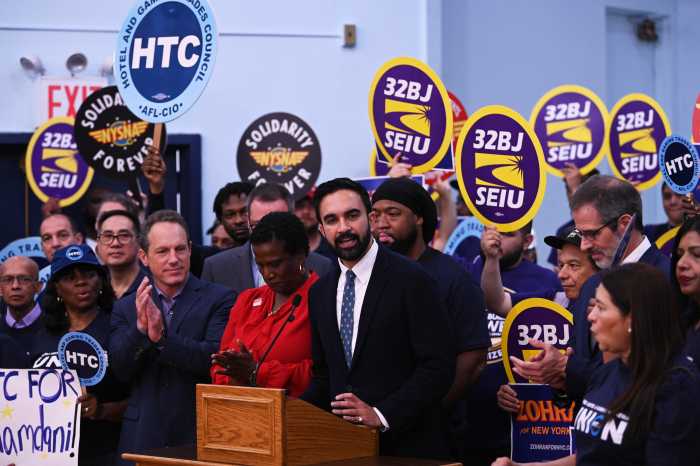Voters aren’t too fond of Bill de Blasio as a mayor or as a presidential candidate, according to two polls released on Tuesday.
A poll conducted by Siena College found that the mayor is less popular with New Yorkers than President Donald Trump. De Blasio received a 26% favorability rating and 57% unfavorability, compared to Trump’s 35-62%. The poll was conducted between July 28 and Aug. 1, and included responses from 810 registered voters in New York State.
“Trump continues to be viewed overwhelmingly negatively by his fellow New Yorkers — with the exception of Republicans, nearly three-quarters of whom continue to view him favorably and give him a positive job performance rating,” Siena College pollster Steven Greenberg said Tuesday. “Perhaps Trump can take some solace in the fact that as unpopular as he is in his home state, New York City Mayor Bill de Blasio is even more unpopular.”
These are the lowest favorability and highest unfavorability ratings de Blasio has received from a Siena College Poll. In June, he was rated slightly higher, with 29% favorability and 53% unfavorability. His highest favorability rating was in January 2018, at 44%.
A request for comment from the mayor’s office was not immediately returned.
De Blasio is having a tough time gaining support on the presidential campaign trail as well, according to another poll released Tuesday. Less than 1% of people recently surveyed by Quinnipiac University said they would vote for de Blasio in the Democratic presidential primary.
The mayor was among 14 candidates that received less than 1% support in the poll, which surveyed 807 Democrats and independent voters leaning Democratic between Aug. 1-5.
Another presidential hopeful from New York, Sen. Kirsten Gillibrand, also polled at less than 1% support, according to Quinnipiac University. In the Siena poll, Gillibrand had a 41-36% favorability rating among New Yorkers.
"Take a snapshot now, because for most of the contenders registering one percentage point or less, there will likely be no debate number three,” said Tim Malloy, assistant director of the Quinnipiac University Poll.
The qualifying standards for the next primary debate, set for Sept. 12-13, are higher than they were for the first two debates. Candidates have to meet the threshold for polling and grassroots fundraising, instead of just one of those two criteria.
The polling threshold is set at 2% support in four qualifying polls. The fundraising threshold requires at least 130,000 unique donors, with 400 different donors per state in 20 states.
A request for comment from the de Blasio campaign was not immediately returned.
Sen. Elizabeth Warren (D-Massachusetts) was the big winner in the second debate, the Quinnipiac poll found, but former Vice President Joe Biden remains the front-runner in the primary race with 32% of support from those surveyed.
"Sen. Elizabeth Warren’s policy-heavy presentation and former Vice President Joseph Biden’s ability to handle the heat from all corners put them on top," Malloy said.
Warren snagged 21% support while Sens. Bernie Sanders (D-Vermont) and Kamala Harris (D-California) rounded out the top four with 14% and 7%, respectively.



































